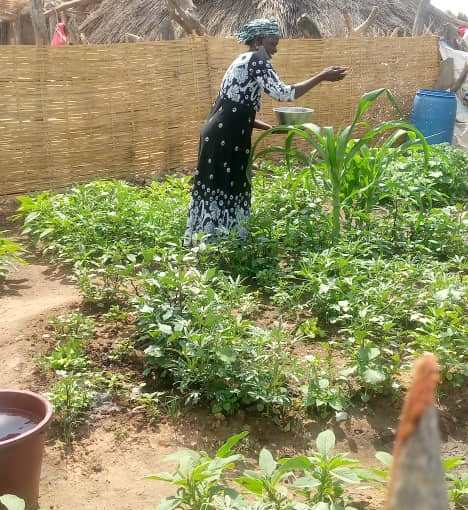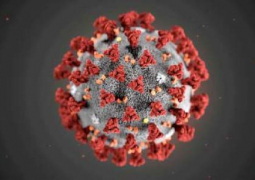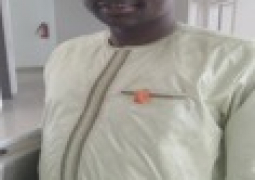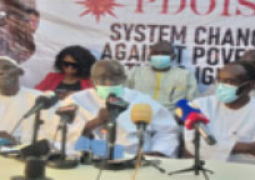
The programme dubbed ‘Nafa’ is a component of The Gambia Social Safety Net Project, a US$ 31 million project, designed to promote continuity and harmonisation with other programs, by expanding an existing package of cash transfers with SBCC managed by NaNA to new districts and regions.
The National Nutrition Agency (NaNA), Department of Social Welfare and Department of Community Development are implementing the Nafa Program.
The project is implemented in West Coast, Central River, North Bank and Upper River Regions targeting 15,606 extremely poor households, which equates to approximately 40 percent of the extreme poor households in The Gambia. For a start it is being piloted in Foni Bintang, Nainija and Wuli West Districts.
The Project Development Objective (PDO) is to improve the coordination of social assistance activities, provide temporary social assistance support to rural households in the wake of COVID-19, and increase inclusion of the extremely poor in the Nafa programme.
The selection was done using a Proxy-Means Test (PMT) and community validation in the poorest 20 districts of The Gambia. The regular revenue provided to extreme poor households is aimed at both increasing short-term consumption of essential goods and services, and enabling longer-term investments in human and productive capital.
Tailored SBCC will provide information to beneficiaries and non-beneficiaries to encourage investments that can bolster human capital especially maternal and child health and nutrition; education, adolescence and family planning; parenting and gender-based violence; and productive capital especially savings, entrepreneurship and agriculture to break the inter-generational cycle of poverty.
Jabou Sowe, a native of Sarre Ngaba and beneficiary of the Nafa Programme, said since she commenced her backyard garden, she is able to cultivate and harvest enough for her family consumption.
“The fresh harvests from the backyard garden has also improved our health and ensure we save the money we used to pay at hospitals prior to the commencement of the project,” she pointed out.
She explained further that she was also able to buy small ruminants from the three cycles she received.
“In addition to the cash transfer, we have also benefitted from trainings on how to use the money to sustain ourselves,” she also explained.
Another beneficiary and native of Sarre Ngaba, Molly Barry, who is also into backyard gardening, urged people to embrace backyard gardening.
She said having cultivated various varieties, she is now harvesting for her family’s consumption and was also able to sell the surplus and save the proceeds.
“I have bought two small ruminants from the Nafa Programme which I was unable to do prior to the coming of the project,” he also said.
Twenty-two (22) members of the community from the 2,770 extremely poor households in the three piloted districts each received D3000 every two months.
Ousman Dem, program manager for Social and Behavioural Change Communication (SBCC) for the National Nutrition Agency (NaNA), said he was impressed with what he had seen so far.
He, however, added that they do not only want to see a few beneficiaries, but a greater number adopting to ideal behaviors in building their resilience and engaging in entrepreneurship and finance literacy so as to improve their knowledge on nutrition, health, hygiene as well as prevention of Gender-Based Violence.




